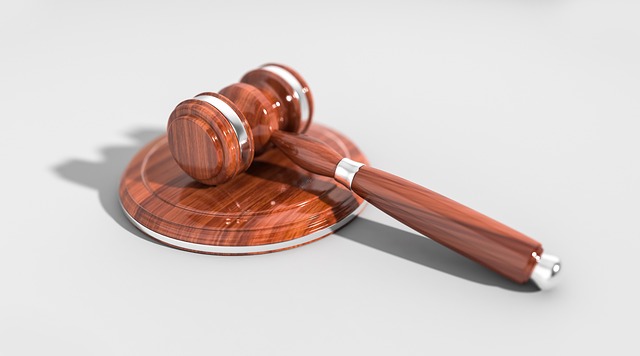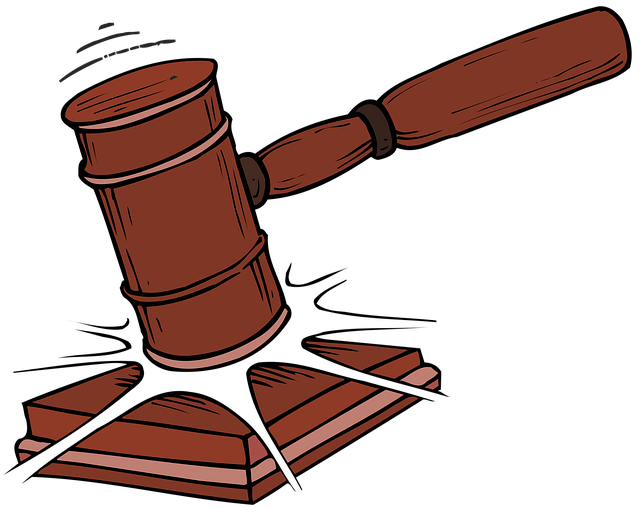Understanding class action lawsuits vs individual lawsuits is vital for C-level investigations. Class actions offer collective redress for widespread harm but face complex legal risks. Individual lawsuits focus on specific claims and entities, enhancing systemic accountability. The optimal choice depends on allegations, damages, desired outcomes, and case goals, balancing potential rewards and compensation. Effective criminal defense strategies are crucial in both scenarios to protect rights and secure favorable verdicts.
In the corporate world, investigations at the C-level present unique challenges. This article delves into the nuances between handling class action lawsuits versus individual claims, offering a strategic guide for organizations. We explore how legal strategies differ in these scenarios and emphasize the importance of risk assessment. By understanding the rewards and risks, businesses can make informed decisions, ensuring compliance while mitigating potential liabilities. From defining actionable differences to choosing the appropriate legal approach, this introduction sets the stage for navigating complex investigations successfully.
- Understanding the Difference: Class vs Individual Actions
- Initiating C-Level Investigations: Legal Strategies
- Navigating Risks and Rewards: Choosing the Right Suit
Understanding the Difference: Class vs Individual Actions

When it comes to investigations launched at the C-level, understanding the distinction between class action lawsuits and individual lawsuits is paramount. Class actions involve a large group of individuals who have suffered similar harm from a single course of conduct, seeking collective redress through a single lawsuit. This approach can be powerful for achieving extraordinary results and ensuring accountability on a broader scale, but it also carries significant legal complexities and potential risks.
On the other hand, individual lawsuits focus on the actions of specific individuals or entities, addressing personal claims with the aim of avoiding indictment and, in some cases, securing jury trials. While these suits may yield substantial compensation for affected parties, they are typically less impactful in holding organizations accountable on a systemic level. Balancing these options requires careful consideration, as each has its own merits and challenges in navigating complex legal landscapes.
Initiating C-Level Investigations: Legal Strategies

When a company faces allegations of wrongdoing at the executive level, initiating C-Level investigations demands a strategic approach. Legal professionals must navigate complex terrain, balancing the interests of corporate and individual clients. One key distinction is the choice between a class action lawsuit or individual litigation. Class actions, while powerful in holding corporations accountable for widespread harm, may not always be suitable for addressing specific executive misconduct.
In contrast, individual lawsuits offer a more tailored approach to address wrongs committed by particular individuals. This strategy is especially relevant in cases of white-collar and economic crimes, where proving liability requires meticulous investigation and legal acumen. The decision between these routes depends on factors like the nature of the allegations, potential damages, and the desired outcome for both corporate and individual clients—whether it’s resolving the case through settlement or pursuing jury trials.
Navigating Risks and Rewards: Choosing the Right Suit

When initiating C-Level investigations, understanding the landscape is paramount. One of the initial considerations is whether to navigate legal proceedings through a class action lawsuit or an individual lawsuit. While both serve purposes in holding entities accountable, they significantly differ in scope and potential outcomes. A class action lawsuit, for instance, aggregates claims from multiple affected parties, amplifying the potential financial reward for successful plaintiffs. However, it also carries higher risks of diluted compensation due to the number of claimants involved.
In contrast, an individual lawsuit focuses on the specific experiences and damages of a single client. This approach often yields more targeted and potentially substantial compensation “for his clients.” General criminal defense strategies play a crucial role in these cases, ensuring that rights are protected and winning challenging defense verdicts remain within reach. The choice between these options ultimately hinges on the unique circumstances of each case and the specific goals of those involved.
In the realm of corporate investigations, understanding the distinction between class action lawsuits and individual actions is paramount. While both aim to address wrongdoings, they differ significantly in scope and impact. By employing strategic legal approaches, organizations can effectively navigate the risks and rewards associated with each. Choosing the right suit ensures accountability while mitigating potential liabilities. In today’s digital era, understanding these nuances enables businesses to foster a culture of integrity and enhance their reputation as a game-changer in the corporate landscape.






